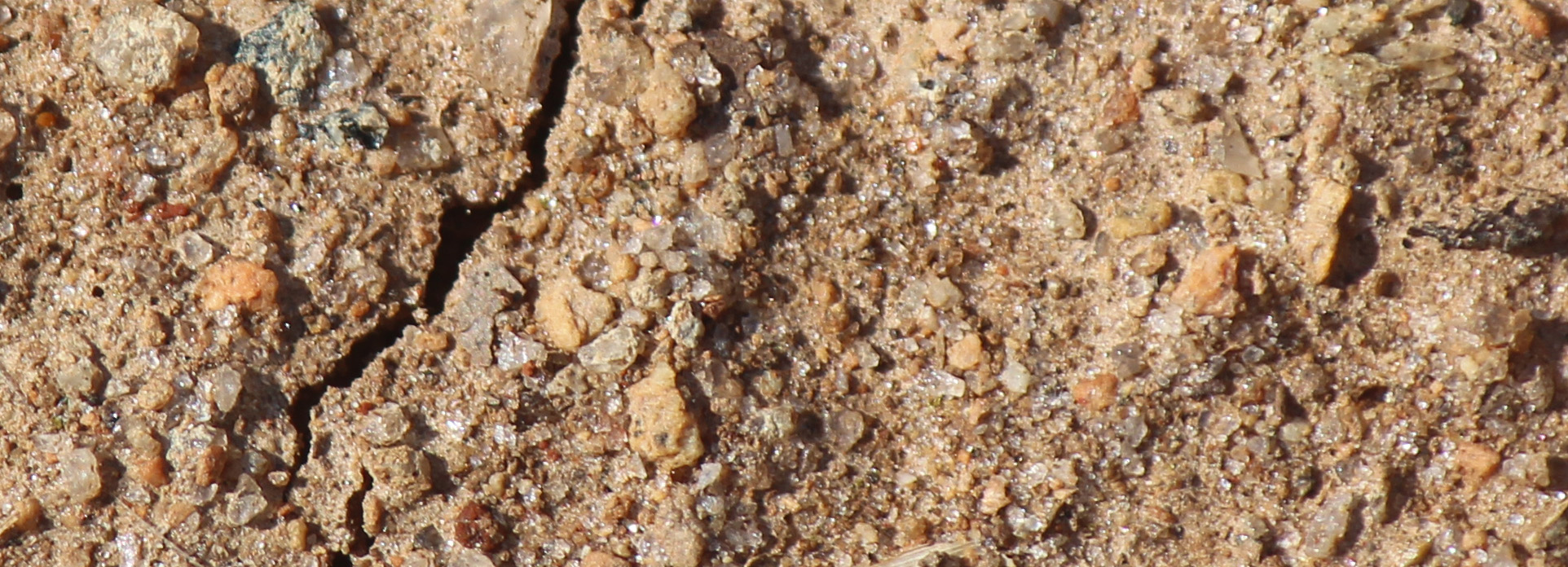
Ah, Ash Wednesday! What a bittersweet reminder of what we really are…
Say what?
Human beings began as dirt. It wasn’t the wholesome substance with which we are familiar and in which something might grow. No, according to Scripture, humans were created from dry dust. Genesis 2:7 makes it clear that God started with the humblest of materials. The only thing that made us anything other than dust was loaned to us by our Creator – the “breath of life.” To further emphasize the fact, God also chose to call the first human Adam, a word-play on the Hebrew word for “ground.”
The first person in Scripture to put “ashes” in the description of a human was Moses, who described himself as “dust and ashes” as he sought to convince God not to destroy his nephew Lot along with Sodom and Gomorrah (see Genesis 18:17-32, especially v. 27). For Moses, it was an admission that he had no right to stand in front of God and argue with God’s chosen plan. He admitted what he was in God’s sight – dust and ashes.
The ”dust and ashes” description was brought home to me when my brothers and sisters and I gathered to remember my mother by scattering her ashes. A wonderful, creative, loving person had been reduced to a box of what looked like coarse sand. There was no resemblance between the two from my point of view. Of course, when looked at from a “scientific” point of view (a popular practice lately), when you remove the water and carbon, that’s all that’s left – dust. Or so some would say.
Today is Ash Wednesday. It is the Christian celebration (so to speak) of our reminder of who or what we really are. It starts our season of Lent, a time of preparation as we approach our remembrance of Jesus’ torturous death – His “passion” or purpose for living – and His most amazing resurrection.
It helps to remember these kinds of things when we start to think too much of ourselves. Vladamir Putin might want to take a lesson here. As animated earth, we must remember that what makes us any better than the stuff we walk on is loaned, and can be taken back any time the true Owner chooses.
The most amazing part of this day, though, is that the Creator God doesn’t take back his loaned breath. He doesn’t reduce us back to where we began. For those of us who have chosen to follow Jesus, He makes the whole loaner arrangement permanent. There is something left once the water and carbon are gone, but it’s not of this world. It is heavenly, and it starts right here on earth. Out of His great love, God chooses to let the enlivened dust stand in His presence, and He heeds their voice.
It shows up in different ways. In Moses’ case, God, in His kindness and mercy, chose to listen to the animated dirt before him and spare Lot. In our case, He chooses to hear our confessions and grant us forgiveness, a most precious gift purchased for us by God’s Son in His passion.
So, today, if you choose to remember by having ashes applied to your face, remember what you have in common with them, and be thankful. If not, then go outside and take a look at the ground for a moment, reminding yourself just what you are, and recalling what makes the difference. You will receive joy for your remembering. And then spend some time before the One who gave you breath, who accepted and loved as His child and not as what you are otherwise in this broken world.
“For God so loved the world that he gave his one and only Son, that whoever believes in him shall not perish but have eternal life.” (John 3:16)
Today I attended an Ash Wednesday service for the first time in many years. Somehow work always got in the way. It also took me back to my Lutheran roots.
Both a Catholic priest and a Lutheran pastor presided at the service. They both noted what you just said about being created from dust, and Moses describing himself as dust and ashes.
I am awed that Jesus Christ still loved us enough to die for us “dirtballs.” Humbling doesn’t even begin to cover it.
Soli Deo gloria